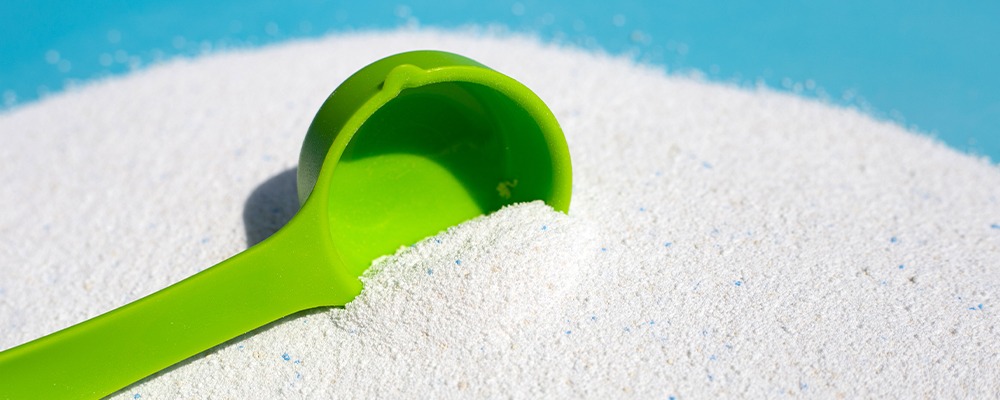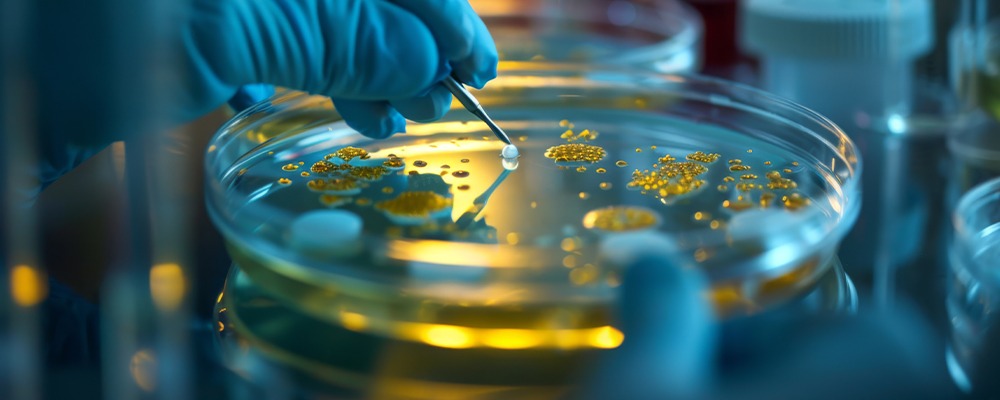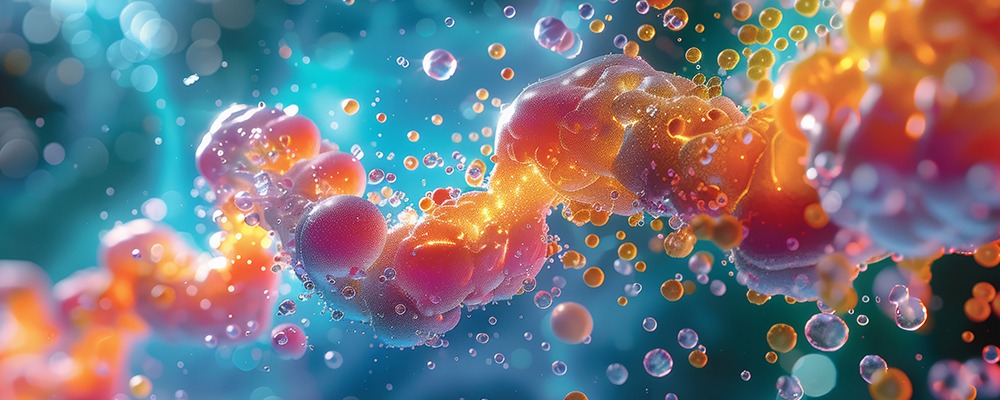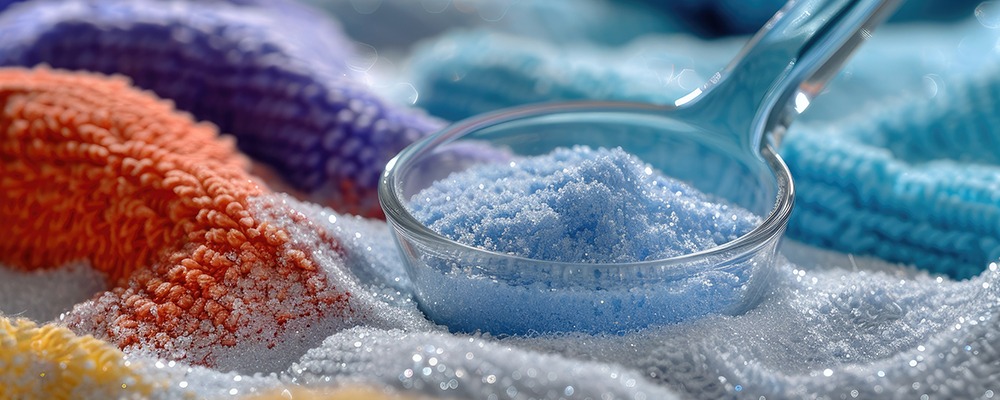Enzymes play a crucial role in various industrial applications, enhancing efficiency while reducing environmental impact. Among these, protease stands out as one of the most widely used and versatile enzymes. With its remarkable ability to break down proteins into peptides and amino acids, protease has found applications across multiple industries, from laundry detergents to food processing, pharmaceuticals, and leather manufacturing.
The Science Behind Protease Enzymes
Proteases, also known as peptidases or proteinases, are a group of enzymes that catalyse the breakdown of protein molecules. These enzymes work by hydrolysing peptide bonds, reducing large protein chains into smaller peptides or free amino acids. This function is essential in various biological and industrial processes.
Proteases are classified based on their catalytic mechanisms into four main types:
- Serine Proteases – Contain a serine residue in their active site (e.g., trypsin, chymotrypsin).
- Cysteine Proteases – Utilise a cysteine residue for catalysis (e.g., papain, bromelain).
- Aspartic Proteases – Depend on aspartic acid residues (e.g., pepsin, renin).
- Metalloproteases – Require metal ions, usually zinc, for enzymatic activity (e.g., thermolysin).
Each of these protease classes has specific applications depending on the nature of proteins they target and the environmental conditions they function in.
Protease in Laundry Detergents: Breaking Down Stubborn Stains

One of the most common and impactful uses of protease is in laundry detergents. Protein-based stains such as blood, sweat, food residues, and grass stains can be challenging to remove using standard surfactants alone. Proteases efficiently degrade protein stains, allowing detergents to work more effectively at lower temperatures and with reduced water usage.
How Protease Works in Detergents
When added to detergents, protease enzymes target protein-based stains, breaking them down into smaller, soluble fragments that can be easily washed away. This enzymatic action:
- Enhances stain removal without aggressive scrubbing.
- Reduces fabric wear and tear, extending garment longevity.
- Enables lower-temperature washing, saving energy and reducing carbon footprint.
- Improves detergent efficiency, requiring less chemical surfactants.
Modern detergent formulations often combine protease with lipases, amylases, and cellulases, ensuring a comprehensive approach to stain removal. This enzymatic synergy results in superior cleaning performance while being gentler on fabrics and environmentally friendly.
Beyond Laundry: The Expanding Applications of Protease

While protease enzymes are widely recognised for their role in laundry detergents, their utility extends far beyond. Various industries rely on proteases to optimise their production processes, enhance quality, and improve sustainability.
1. Food Processing Industry
Proteases play a critical role in the food industry, especially in meat tenderisation, cheese-making, brewing, and protein hydrolysis.
- Meat Tenderisation – Enzymes such as papain and bromelain break down muscle fibres, making meat softer and more palatable.
- Cheese Production – The enzyme rennet, a type of protease, facilitates curdling by breaking down milk proteins, aiding in cheese formation.
- Protein Hydrolysis – Protease enzymes help produce protein hydrolysates, which are used in infant formula, dietary supplements, and flavour enhancers.
2. Pharmaceutical Industry
The pharmaceutical sector harnesses protease enzymes for various medicinal and therapeutic applications. These include:
- Wound Debridement – Proteolytic enzymes help remove dead tissue from wounds, accelerating healing.
- Anti-inflammatory Agents – Certain proteases, such as serrapeptase, have been studied for their ability to reduce inflammation and pain.
- Digestive Aids – Protease supplements are commonly used to support digestion, especially for individuals with pancreatic insufficiency.
3. Leather and Textile Industry
In the leather industry, proteases play a significant role in leather processing, particularly in:
- Dehairing and Bating – Protease enzymes help remove hair and soften hides, replacing harsh chemical treatments.
- Eco-friendly Processing – Enzymatic treatments reduce chemical waste and enhance leather quality.
Similarly, in textiles, proteases are used for biopolishing, which improves fabric feel and appearance by removing excess surface fibres.
4. Bioethanol and Waste Management
Proteases contribute to biotechnology and waste management by aiding in the decomposition of organic waste and improving bioethanol production from protein-rich biomass. Their ability to break down proteins enhances fermentation efficiency, making biofuel production more sustainable.
Sustainability Benefits of Protease Enzymes
The use of proteases in various industries aligns with global sustainability goals. Enzymes, including proteases, enable:
- Lower energy consumption by enabling effective cleaning and processing at reduced temperatures.
- Reduced chemical waste, minimising environmental pollution.
- Biodegradability, ensuring natural breakdown without leaving harmful residues.
- Resource efficiency, optimising production processes while maintaining product quality.
These eco-friendly benefits position proteases as a key player in green industrial processes, making them a vital asset in today’s environmentally conscious world.
Future Innovations in Protease Enzymes

The continuous advancements in biotechnology and enzyme engineering are leading to the development of next-generation proteases with enhanced stability, efficiency, and specificity. Some emerging trends include:
- Genetically engineered proteases with improved thermal stability and broader pH tolerance.
- Nano-encapsulation of enzymes for controlled release and prolonged activity.
- Customised enzyme formulations for specific industrial applications.
As research progresses, proteases will continue to evolve, further enhancing efficiency and expanding their applications in diverse industries.
Conclusion
Protease enzymes have revolutionised multiple industries, from laundry detergents and food processing to pharmaceuticals and textiles. Their ability to break down protein-based substances efficiently has made them indispensable in modern industrial applications. Moreover, the environmental and economic benefits of proteases ensure their continued relevance in the quest for sustainable and high-performance solutions.
At Biolaxi Enzymes, we specialise in high-quality, customised protease formulations tailored to meet the needs of various industries. With scientific expertise, stringent quality control, and a commitment to eco-friendly innovation, we provide reliable enzymatic solutions to enhance efficiency, reduce costs, and drive sustainable growth. Partner with Biolaxi to experience the power of advanced protease technology in your industry.




